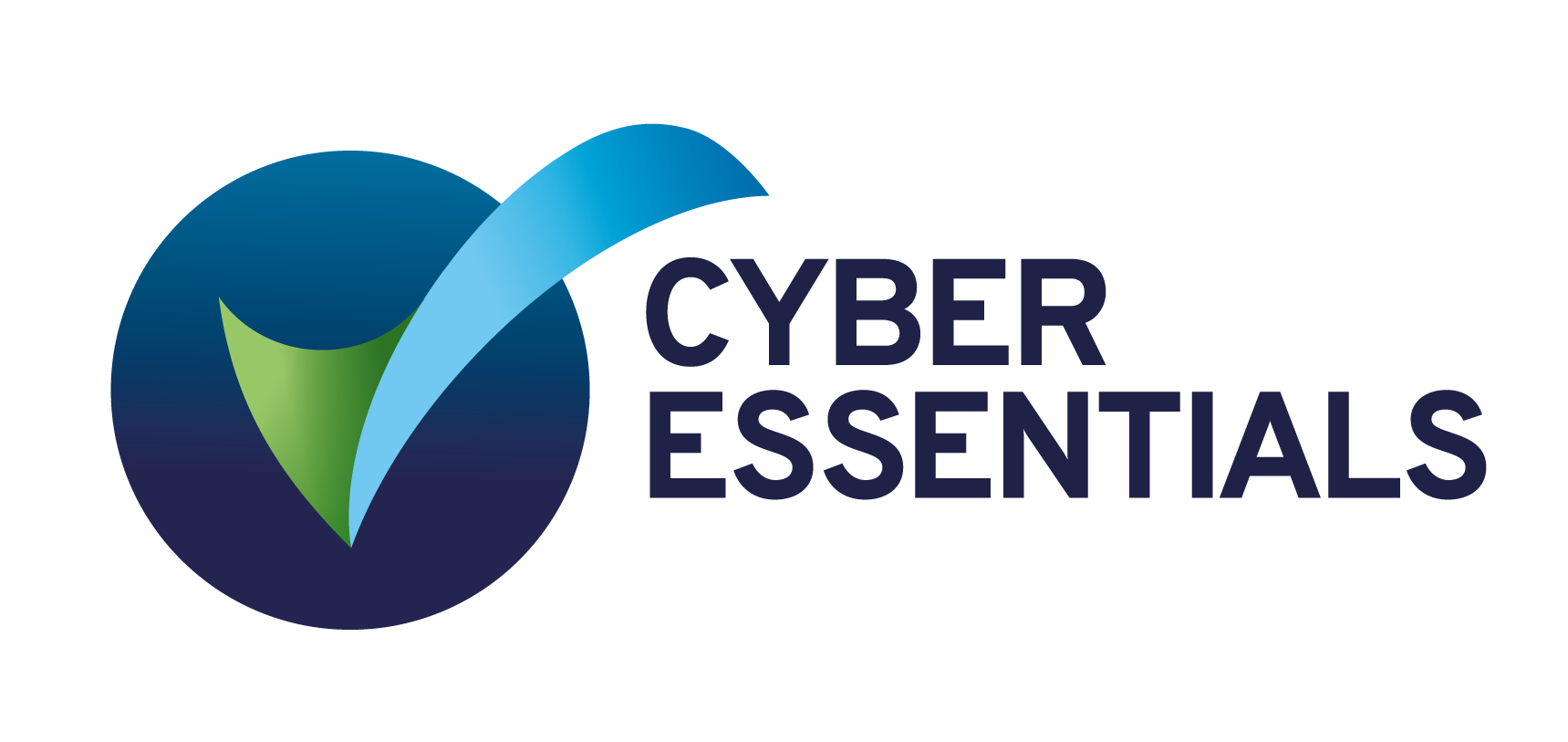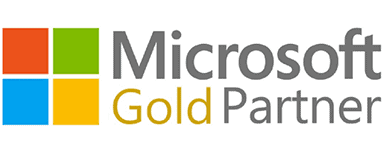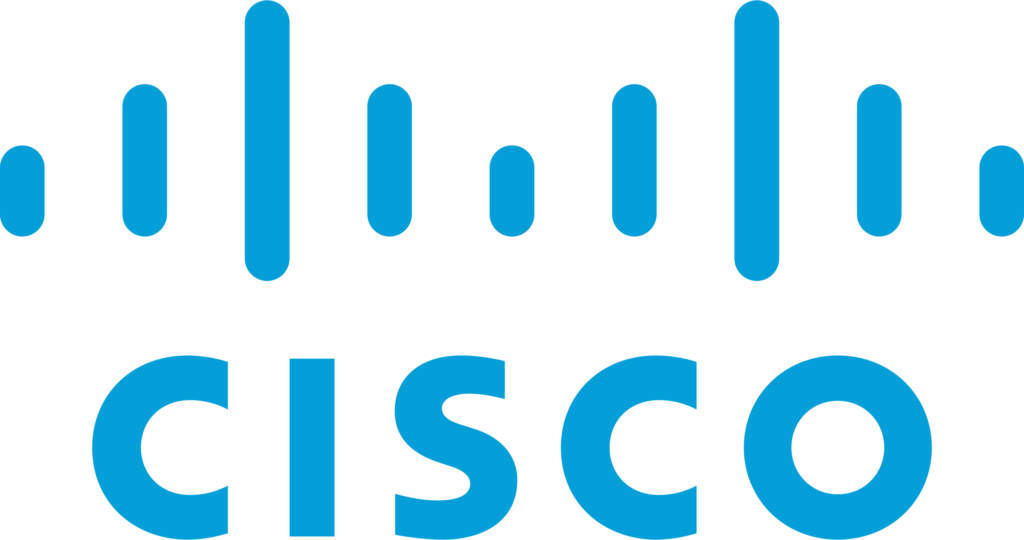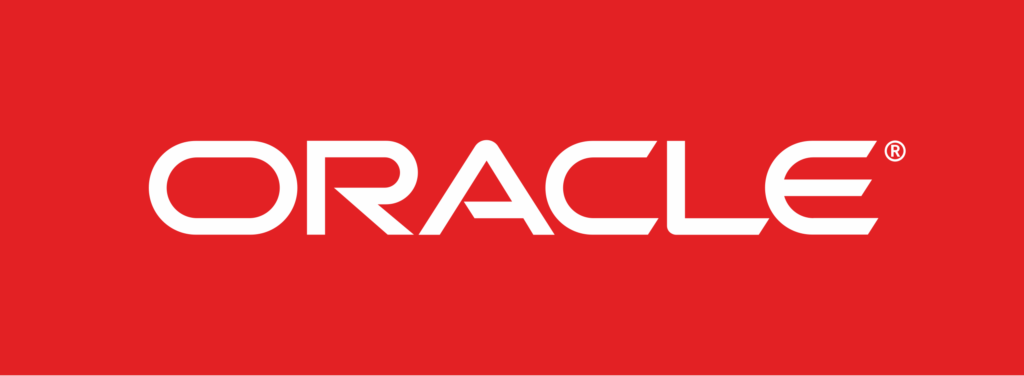Leveraging our comprehensive expertise in IT cyber security solutions across various vendors, our engineers are adept at deploying and overseeing robust IT security measures for your business. Going beyond fundamental components like firewall and antivirus setup, we assist in developing Acceptable Use policies and corporate IT guidelines for your staff. Additionally, we offer monitoring and reporting services to track employee internet and email usage.
Cyber Security Services For Businesses In Derby and The East Midlands
It's imperative that you protect your business from evolving threats. There have been numerous cases where businesses have actually had to close their doors because they have suffered huge cyber attacks. Our team are on hand to help protect your business from threats external to your business, so you can have total peace of mind, knowing that your systems and data are safe.
- Advanced Support For Your Business
- Email Monitoring & Filtering
- One Of The World's Best Anti-Virus Solutions


See How We Can Help
In this video Rob White - Our IT Support Consultant explains how we are able to help businesses with our range of IT Support services including our Cyber Security Solutions. If you'd like to meet with Rob to discuss your IT Support needs then simply click the button below to book a meeting with us today.
Cyber Security Solutions For Your Business
Antivirus & Firewalls
Cyber Essentials Services

IT Policy & Processes

Vulnerability Testing
Penetration Testing

Backup & Disaster Recovery
Some Of Our Other Cyber Security Services Include..
Cyber Essentials Services
Cyber Essentials, a straightforward yet impactful government-supported initiative, is designed to fortify your business against a diverse array of cyber threats, regardless of its size.
Cyber attacks manifest in various forms, with a significant portion being relatively basic and executed by individuals possessing minimal technical expertise. These attacks often resemble a digital equivalent of checking if your front door is unlocked. Our recommendations are crafted to shield you from these straightforward yet potentially harmful cyber threats.

Penetration Testing
Penetration testing, commonly known as pen testing, is a simulated cyber attack conducted by ethical hackers to infiltrate corporate networks and identify vulnerabilities before malicious attackers exploit them. This proactive approach reveals potential points of weakness, enabling organisations to address and mitigate these vulnerabilities before facing a real cyber threat.
The primary purpose of a pen test is to uncover vulnerabilities and rectify them preemptively, reducing the likelihood of exploitation by malicious entities. In certain instances, the IT department may already be aware of reported vulnerabilities but seeks external expertise to officially document and report them. This ensures that management is fully informed about the vulnerabilities, allowing for thorough and effective remediation.

Vulnerability Assessments
Vulnerability Assessments, also known as Vulnerability Scanning, involve assessing security risks in software systems to diminish the likelihood of potential threats. The objective of vulnerability assessments is to minimise the opportunity for cyber attackers to obtain unauthorised access to your systems.
Through the use of professional scanners, we will scrutinise your estate to pinpoint potential vulnerabilities, identifying devices that could pose a risk to cyber attacks. Upon completion, you will receive an executive summary detailing all identified vulnerabilities, accompanied by recommendations for remediation and strengthening your overall security posture.

Request A Free Cyber Security Audit
Contact us to request a FREE Cyber Security Audit
We can look at areas of your current security that may be at risk and give you an idea of what more can be done to increase your cyber security to prevent malicious attacks.
What Our Customers Say..
Fortitude MSP have been brilliant at helping us revolutionise our IT Infrastructure. We’ve been impressed with their commitment to helping us stay ahead of our competition whilst delivering substantial cost savings to our business. We would recommend them to anyone!



We approached Fortitude MSP after our current IT Provider made multiple mistakes and it’s probably the best decision we as a business have made. From our first conversation, I could tell that they were different. We’ve been with them now for just under six months and the whole experience has been so much better. They have been absolutely fantastic.


Derby City Mission use Fortitude MSP for our IT Support. As a charity they have been able to support us very well. Thank you to the whole team.


Cyber Security FAQs
What Is Malware?
Malware, short for malicious software, poses a threat by causing harm, disruption, or unauthorised information access once infiltrating a system. Ingress into your system may occur through user actions such as clicking on a link or opening a malicious email attachment.
What Does Phishing Mean?
Phishing is a type of cyber attack in which attackers use deceptive tactics to trick individuals into divulging sensitive information, such as usernames, passwords, or financial details. Typically carried out through fraudulent emails, messages, or websites, phishing attempts often appear to be from trustworthy sources. The goal is to manipulate recipients into providing confidential information, which the attackers can then exploit for various malicious purposes, including unauthorised access, identity theft, or financial fraud. Phishing attacks may also involve social engineering techniques to manipulate human behaviour and increase the likelihood of success. It is crucial for individuals and organisations to be vigilant and employ cyber security measures to avoid falling victim to phishing scams.
How Do You Know If You've Been Hacked?
Regrettably, encountering cyber threats is a common occurrence, and it may not always be readily apparent that your cyber security has been breached. Nevertheless, the following indicators may suggest that your system has been hacked, prompting immediate action to prevent further misuse or damage:
- Difficulty logging into an account (excluding instances of forgotten passwords).
- Unfamiliar programs launching upon computer startup.
- Emails sent from your account to others that you did not initiate.
- Social media posts appearing under your account that you did not create.
- Unexpected pop-up windows urging you to visit a specific site or download software.
- A noticeable decline in your computer's performance, such as slowed operation or increased frequency of crashes.
How Can I Cover Cyber Attacks, When My Team Work From Home?
When operating outside the office environment, it is advisable to refrain from utilising internet cafes, public Wi-Fi, or shared computers for accessing sensitive or restricted information. Ideally, the use of personal laptops or home computers for such tasks should be minimised, and it is preferable to utilise a company laptop equipped with the necessary security controls. Implementing password protection for restricted information and encrypting laptop hard drives and memory devices is a recommended best practice. When working remotely, establishing a secure connection to the office network is crucial, especially when in public spaces using wireless connections.
Remote workers are susceptible to scams and data breaches, emphasising the necessity for companies to integrate cyber security considerations into their remote working policies. Key considerations include determining whether employees utilise company laptops and phones, understanding their access levels to sensitive data, and ensuring they are aware of the appropriate contacts for addressing any cyber security issues or concerns.









